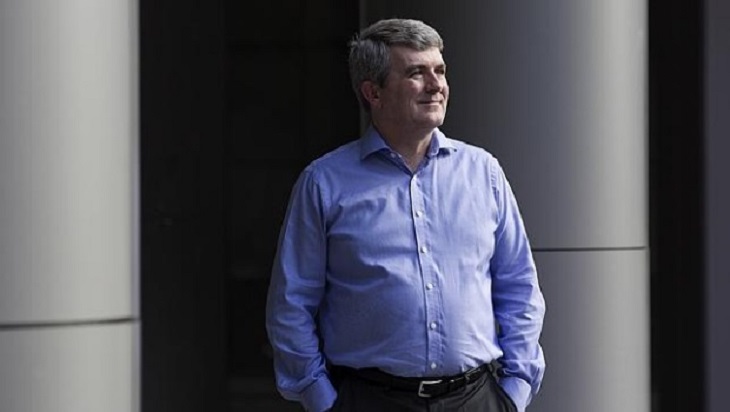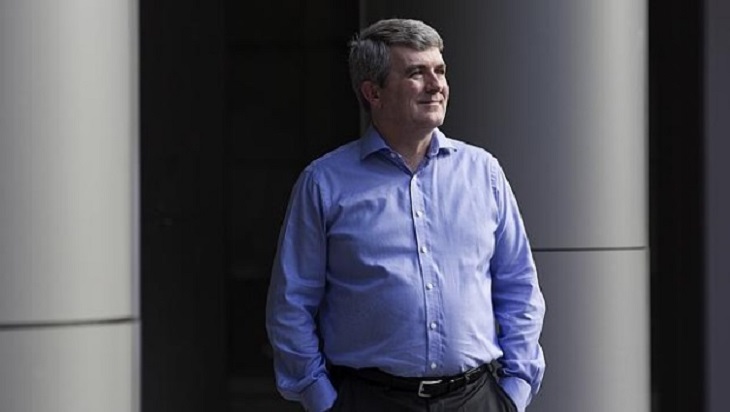Hardware expert Geoff Dart, has been widely reported in today’s media claiming that the Masters business, owned by Woolworths, could not survive or be sold in its current form. He claims its stores are too large and do not generate enough foot traffic, sales or margins to cover high operating costs.
Dart is advocating a move out of the trade and garden categories with a shift to the $38 billion home decoration and lifestyle market, which included “finishing” products such as paint, flooring, window coverings and kitchens, Masters could be profitable by 2017. He has also pointed to the opportunities in the home automation or “connected home” market which is estimated to be worth $3.2 billion and is set to boom as homeowners install internet connected appliances, security systems, air conditioning and heating systems
Masters, which already ranges a comprehensive list of leading brand appliances, lost $157 million last year and has racked up losses of $604 million over the last four years.
Woolworths optimistic…
However, Woolworths believes Masters will eventually make a profit and has pointed to a 30% improvement in sales at new-format stores, which will be rolled out over the next 12 months.
“It’s early days, but I’m optimistic about the progress that’s been made and I’m optimistic we can make a real difference in 2016,” Woolworths home improvement managing director Matt Tyson (pictured) said last month.
However, analysts and investors have called on Woolworths to close or sell the business, saying it is a major management distraction at a time when Woolworths’ core food and grocery business is under pressure from Coles and Aldi and BIG W is losing ground to Kmart and Target.
Masters is generating sales of less than $20 million a store, compared with estimated operating costs of $26 million a store. Losses have increased as more stores have opened.
…but analysts say model “doomed”
According to the DGC Advisory’s 2015 Market Report , “The current model is doomed .For the venture to succeed, a move to a ‘finishing’ model is fundamental to success. This could see the new venture move into profitability in its own right after year one and over the ensuing three years reduce overall losses for Masters.”
Dart said the “finishing” market was worth $38 billion a year, including design and installation services. Unlike the $46 billion home improvement market, there were no major retail chains.
“It’s a very fragmented market, there is no national retail chain that is a finishing store, where you can go to buy everything for the house whether it’s window coverings, flooring, paint, wallpaper and home automation,” Dart told the media.
Hope in the Connected Home
The home automation or “connected home” market alone is estimated to be worth $3.2 billion and is set to boom as homeowners install internet connected appliances, security systems, air conditioning and heating systems.
Dart said that Masters would need to shrink its current stores from 13,500 square metres to between 8000 and 6000 square metres, exit the trade and garden categories, which take up 40% of floor space, and sell or lease the surplus space to complementary tenants such as Super Cheap Auto, Repco, Bob Jane and Beaurepaires.
DGC Advisory estimates sales per square metre under a finishing store format would more than double over time, gross margins would rise from about 25 % to 45%, and operating margins to about 16%, in line with those at leading specialty retailers.
“They could reach $1.5 billion to $2 billion in revenues and have a very profitable business,” according to Dart who said Woolworths should also ditch the Masters brand for the family-friendly Home brand held by its wholesale hardware business.


